Roll Up Your Sleeves, Save A Life And Save YOUR Life!
Last updated on
Donating blood can be a scary thought. The idea of the needle alone might make you squirm and send shivers down your spine. Before you run for the hills, know that if you can be brave for roughly seven minutes, (yes, that’s all it takes to donate!) you will help save a life.
Did you know that you’re eligible to donate blood if you are over 17 years old, in good health, and weigh at least 110 pounds?
It’s estimated that 60 percent of the population is eligible to donate blood, but only 5 percent do. Without these crucial blood transfusions, 4.5 million more Americans would die each year.1
Why Donate?
What happens after your blood is taken? Your blood is sent to labs for rigorous testing, where approximately 12 tests are performed. After testing and once your blood is declared “safe” for transfusion, it is then transferred to hospitals and clinics in need.
Depending on your blood type, your donation could be used in a variety of situations. People who have the blood type O-negative are universal donors, and their red blood cells can be transfused into anyone regardless of the recipient’s blood type.
When doctors are in emergency situations and don’t have the time or capability to check the patient’s blood type, they will use O-negative blood. This means O-negative blood is always in high demand.
Emergency situations are just some of the many instances blood transfusions are performed. Anemic patients often receive transfusions to increase their iron levels, while some people with sickle cell disease encounter complications and require a transfusion every month.
Patients with long-term illnesses or battling cancer, premature infants, and patients undergoing open-heart surgeries may also be the recipient of your gift.2
5 Health Benefits Of Donating Blood
Donating blood helps the recipient, and also offers a variety of health benefits for the donor. Here are some of the ways your body will benefit from your humanitarian efforts:
1. Free Health Checkup
Before you donate blood, your hemoglobin levels, blood pressure, temperature, and heart rate are all assessed at no cost to you. If there are any abnormalities, you will be made aware of them and can seek medical attention. Furthermore, once your blood has been sent to the lab, they will screen it for infections such as syphilis, HIV, and hepatitis B and C. You can opt to be informed if they find anything abnormal during this analysis.8
2. Burns Calories
Donating one pint of blood can burn up to 650 calories. While this shouldn’t be considered a weight-loss solution, it is a nice bonus for doing a good deed!
3. Decreases Risk of Cancer
By donating blood, you could be reducing your risk for cancer. Iron has been linked to free-radical damage in the body and is associated with an increased risk of cancer and accelerated aging.9 When you donate blood, you are removing some of the iron from your system and lowering your risk for liver, lung, colon, and throat cancers.
4. Regeneration Of New Blood Cells
Your body will be stimulated to replenish the blood cells lost during the donation, which helps maintain good health.
5. Healthy Heart
Donating blood regularly helps keep your iron levels in check. While we need iron to function, excessive amounts can build up and cause oxidative damage to your cardiovascular system and is associated with an increased risk for colon cancer.10
Due to menstrual blood loss, women naturally have 50 percent fewer iron stores than men. They also suffer half the amount of heart attacks and heart disease-related deaths.11
A study in the Journal of the American Medical Association reported that 43- to 61-year-olds who donated blood every six months had fewer heart attacks and strokes than their non-donor peers.
A study that focused on Finnish men in the American Journal of Epidemiology found that men who donated blood once a year reduced their risk of heart attacks by 88 percent compared to those who did not donate.12
How to Prepare for a Successful Blood Donation
There are a few things you can do before going to the blood clinic to ensure your donation goes smoothly.
Sleep: To feel your best, be sure to get seven to nine hours of sleep the night before.
Comfortably Dressed: It is also important that you wear a shirt/top that allows the blood technician easy access to your arms. I suggest wearing short sleeves, or a loose-fitting shirt that can easily be rolled up. If you are concerned about being cold or have an appointment during a workday, a cardigan or zip-up sweater is a great option.
Donor Card: Don’t forget to double-check that you have your donor card or two pieces of ID before leaving home.
Your Hemoglobin Levels: One of the first things the technicians will do when you check in is prick your finger to check your hemoglobin levels. Hemoglobin is an iron-containing protein responsible for giving your blood its red color.3 To qualify to donate blood, your hemoglobin levels must be at least 12.5 g/dl in women and 13.0 g/dl in men. If your hemoglobin levels are too low, you will be asked to postpone your donation until they increase.
The Night Before: Iron directly affects your body’s ability to produce hemoglobin. If you don’t have a preexisting condition such as anemia, a delicious way to ensure that your hemoglobin levels pass the finger stick test is to indulge in a juicy steak the night before. If you do not eat meat, lentils, beans, dried fruit, tofu, and eggs can also help boost your iron and hemoglobin levels. Try to avoid fatty foods before your appointment, as this can lead to an excess of fat in your blood and interfere with the testing process, rendering your blood unusable.
Be Well Hydrated: Being well hydrated is another important component to a successful donation. Try to drink an additional two cups of water the day of your appointment. This will help regulate your blood pressure and reduce the likelihood of you feeling dizzy or fainting. If your blood pressure is below 90/50 or higher than 180/100, you will be asked to reschedule your appointment.4 If you are concerned about your blood pressure, talk to your doctor prior to the appointment.
Complete Guide To Donating Blood – The Dos and Don’ts
Congratulations! You have helped save a life! Now it’s time for your post-donation care. Follow these dos and don’ts for a speedy recovery.
Eat: Take along with you, some of your favorite fruits or juices. Freshly-extracted fruit juices will help get your glucose levels up and prevent light-headedness or fainting. Green juices will help your body to start generating new blood immediately.
Avoid Smoking: It is advised that you refrain from smoking in the first couple hours after donating blood. Having a cigarette too soon after your appointment can lead to increased dizziness.
Relax: Donating blood is the perfect excuse to skip the gym! You will want to avoid any vigorous activities for at least five hours after donating blood. Some experts even recommend waiting 24 hours before you engage in strenuous sports or weightlifting. When you do resume exercising, you should contact your doctor immediately if you feel lightheaded, dizzy, or nauseous, or have muscle spasms or pain in your arm.5
Toast with Water: Consuming alcohol is ill-advised for 24 hours after donating blood. Opt instead for water or freshly-extracted fruit juice. Almost half of the blood you donate is made up of water, so it is important to drink plenty of water before and after your appointment. Rehydrating will help your blood volume levels quickly return to normal.6
Badge of Honor: Keep the bandage on your arm for at least five hours. Make sure it stays dry. If you have persistent bleeding through the bandage, contact a health professional.
Stay Off Your Feet: Jump in the express lane at the grocery store and grab a seat on crowded public transport. After donating blood, you want to do your best to avoid standing for long periods of time.
Keep Cool: It is important to avoid overheating, so refrain from taking hot showers, lounging in direct sunlight, and consuming hot drinks.7
Book Your Next Appointment: How long you should wait between appointments depends on the type of donation you made. Consult our table below or ask the administrative staff at your clinic to help you book your next appointment.
Wait Time Between Appointments
- Whole Blood: 56 Days
- Plasma: 7 Days
- Platelets: 14 Days
What Is Your Donated Blood Used For?
Roll Up Your Sleeves And Save A Life!
By rolling up your sleeves and donating blood, you are not only helping to save a life but also improving your own health. Grab a friend or family member and make an appointment today. It’s a wonderful feeling being able to give back!
Source:
Original article: Fix.com. Republished here with permission.
References:
https://www.givelifesavelife.org/#!donor-facts/cjg9
https://www.nhlbi.nih.gov/health/health-topics/topics/bt/whoneeds
https://www.redcrossblood.org/learn-about-blood/iron-and-blood-donation/iron-info-all-donors
https://www.centralbloodbank.org/donate-blood/wellness-information/what-is-blood-pressure
https://www.livestrong.com/article/366517-smoking-before-donating-blood/
https://www.blood.co.uk/the-donation-process/after-your-donation/how-your-body-replaces-blood/
https://www.donateblood.com.au/learn/before-and-after-you-donate
https://www.lifehack.org/articles/lifestyle/5-health-benefits-donating-blood.html
https://www.organicfacts.net/health-benefits/other/blood-donation.html
https://www.cacare.com/iron-and-cancer
https://www.sciencedaily.com/releases/1997/09/970901072035.htm
https://www.medicaldaily.com/why-donating-blood-good-your-health-246379#ZOYErYugtYkzZG8U.99
Some of the links I post on this site are affiliate links. If you go through them to make a purchase, I will earn a small commission (at no additional cost to you). However, note that I’m recommending these products because of their quality and that I have good experience using them, not because of the commission to be made.
Comments
Leave a Reply

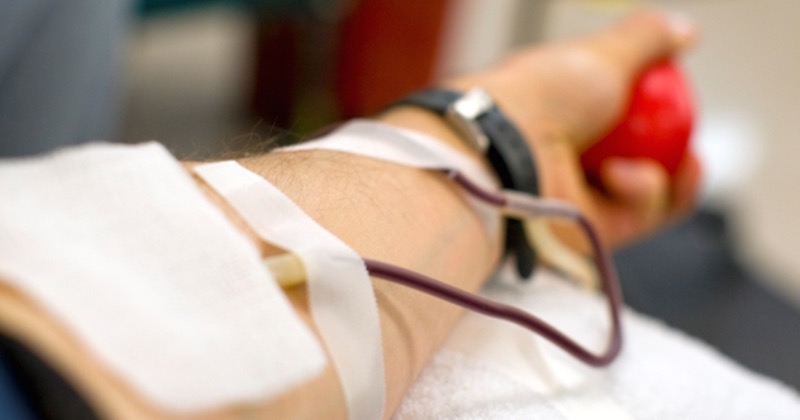
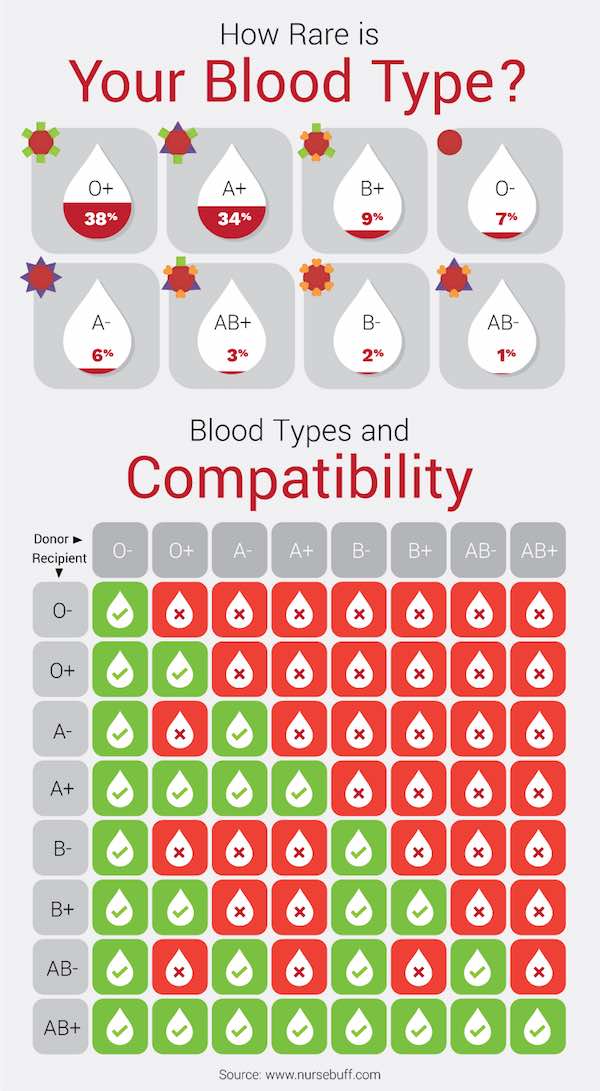
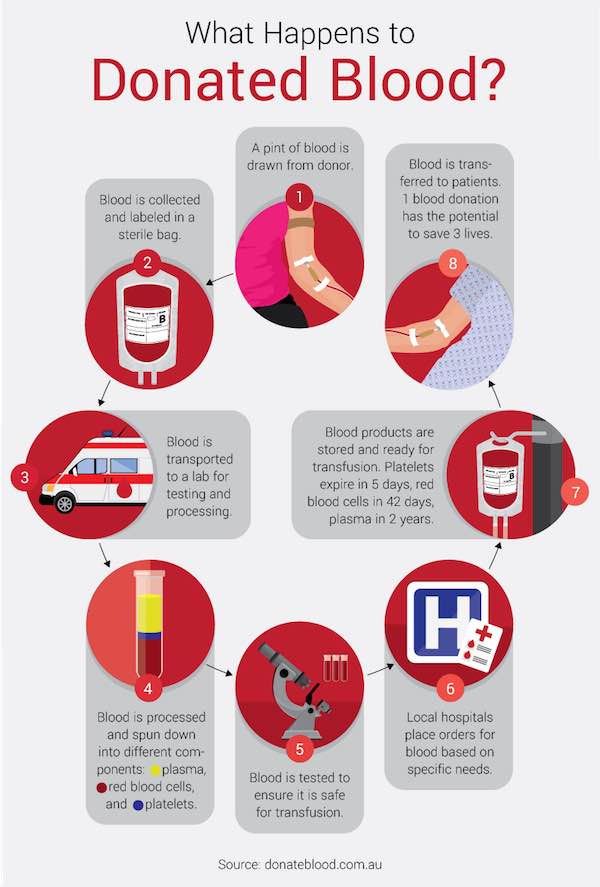
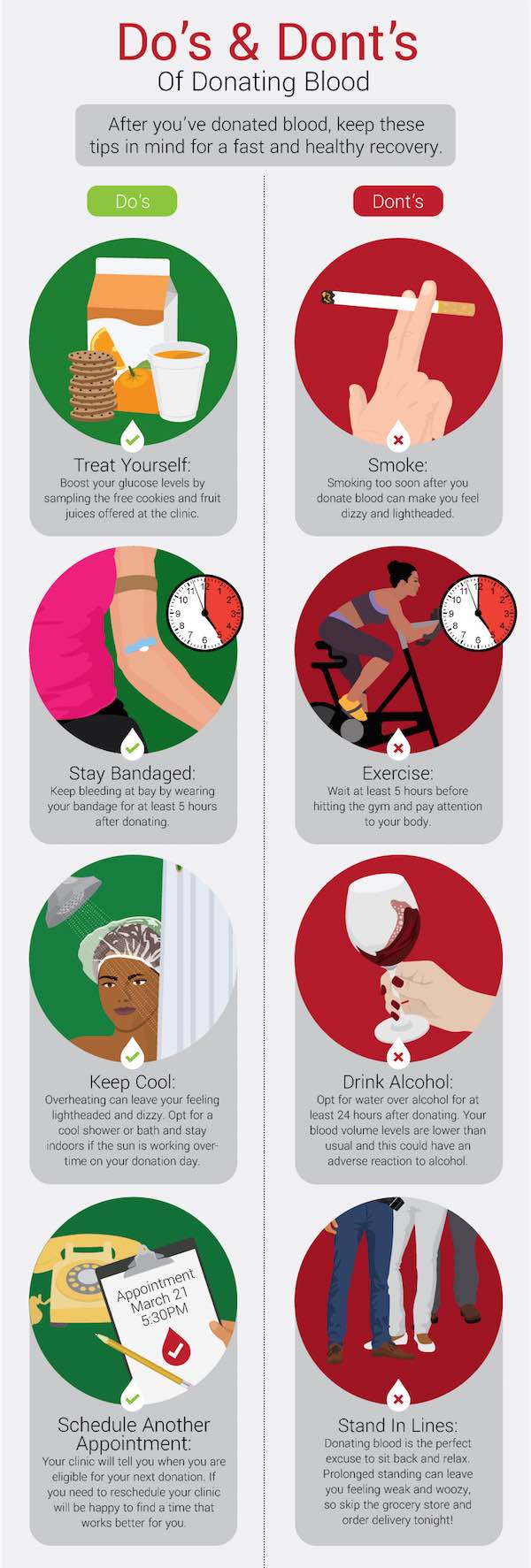
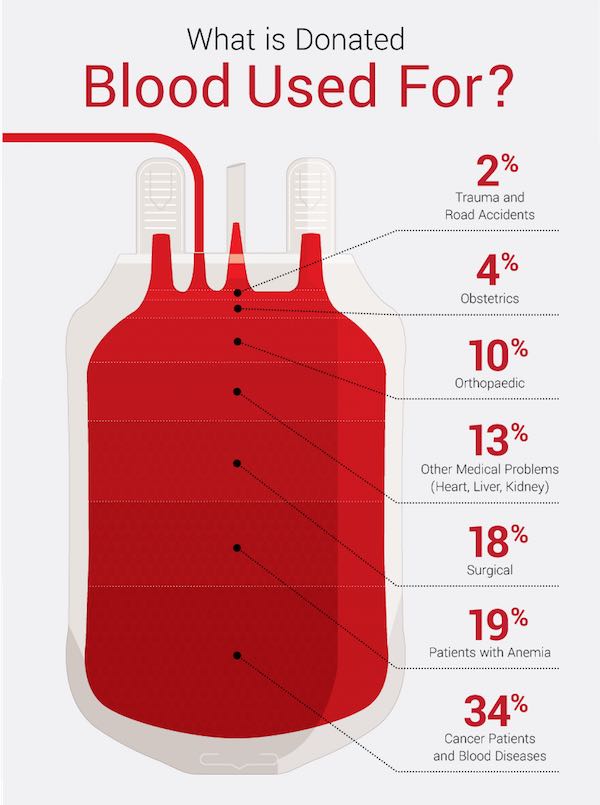
































 JOIN OVER
JOIN OVER
I am currently in the middle of a 10 day raw juice only cleanse. Can I donate blood as long as I stay hydrated and drink extra juice that day?